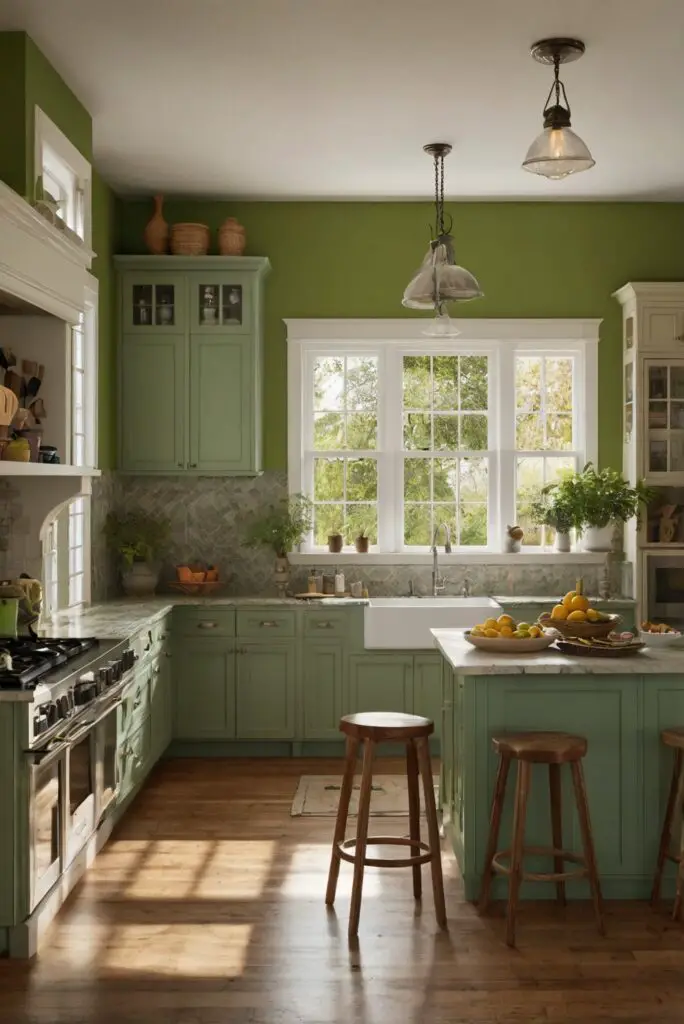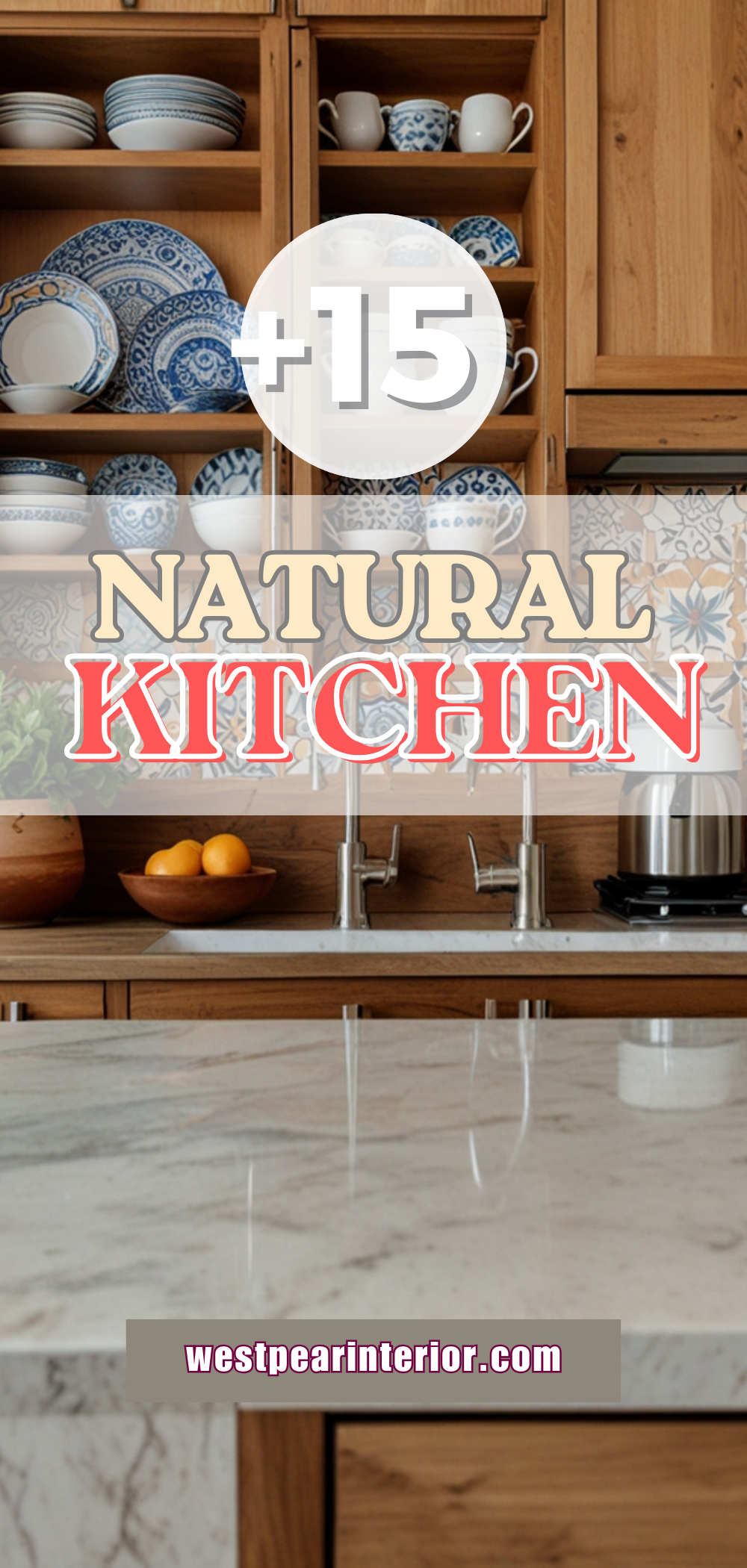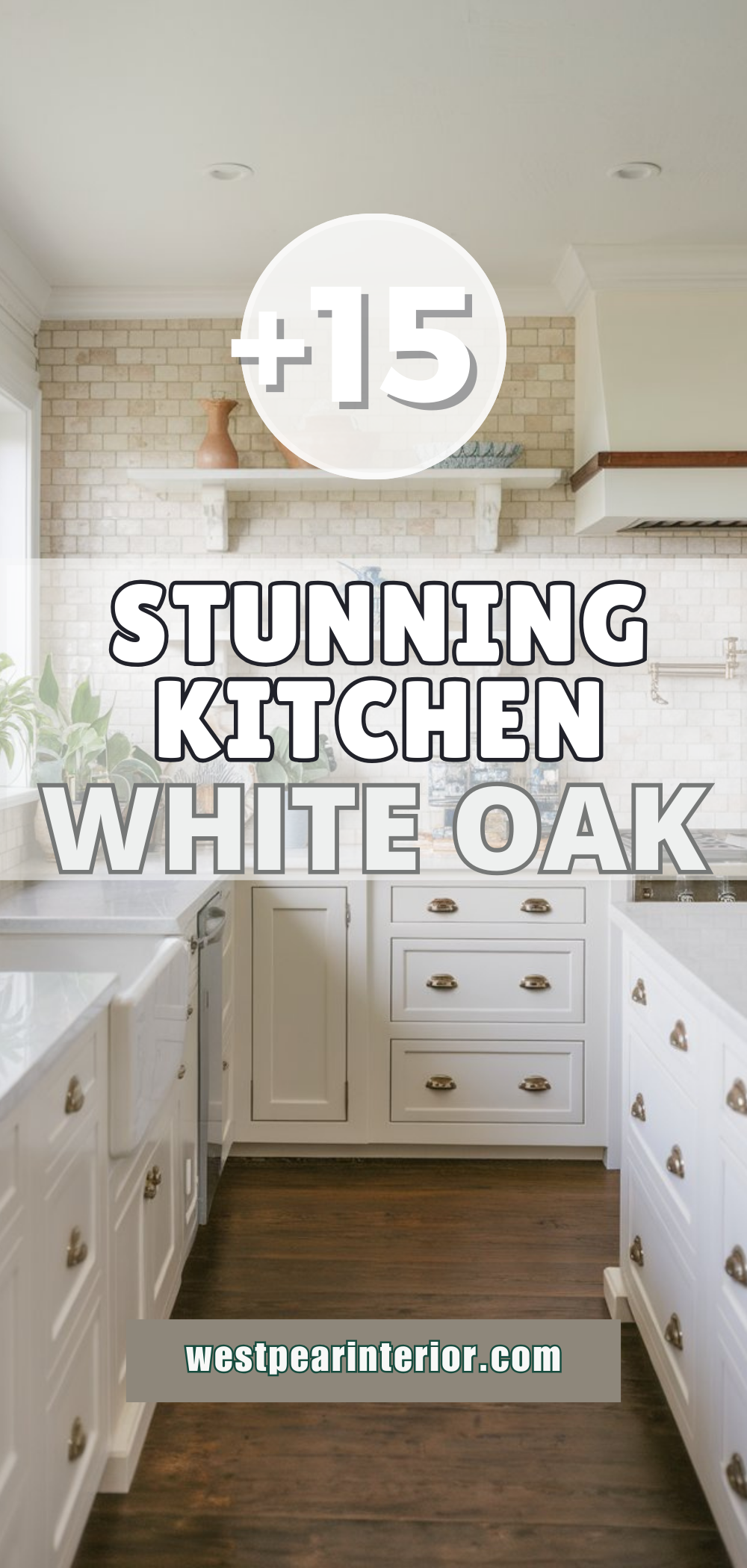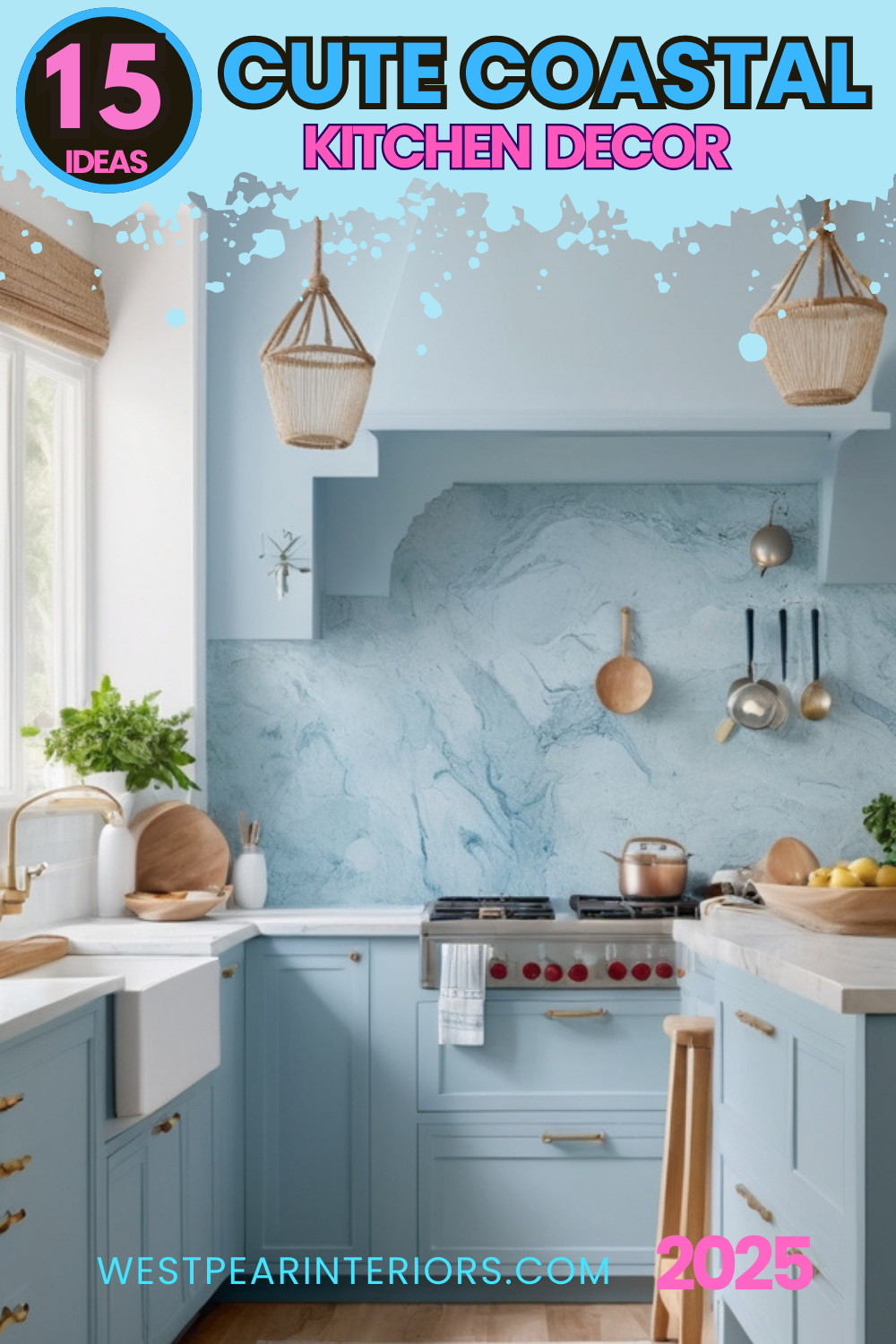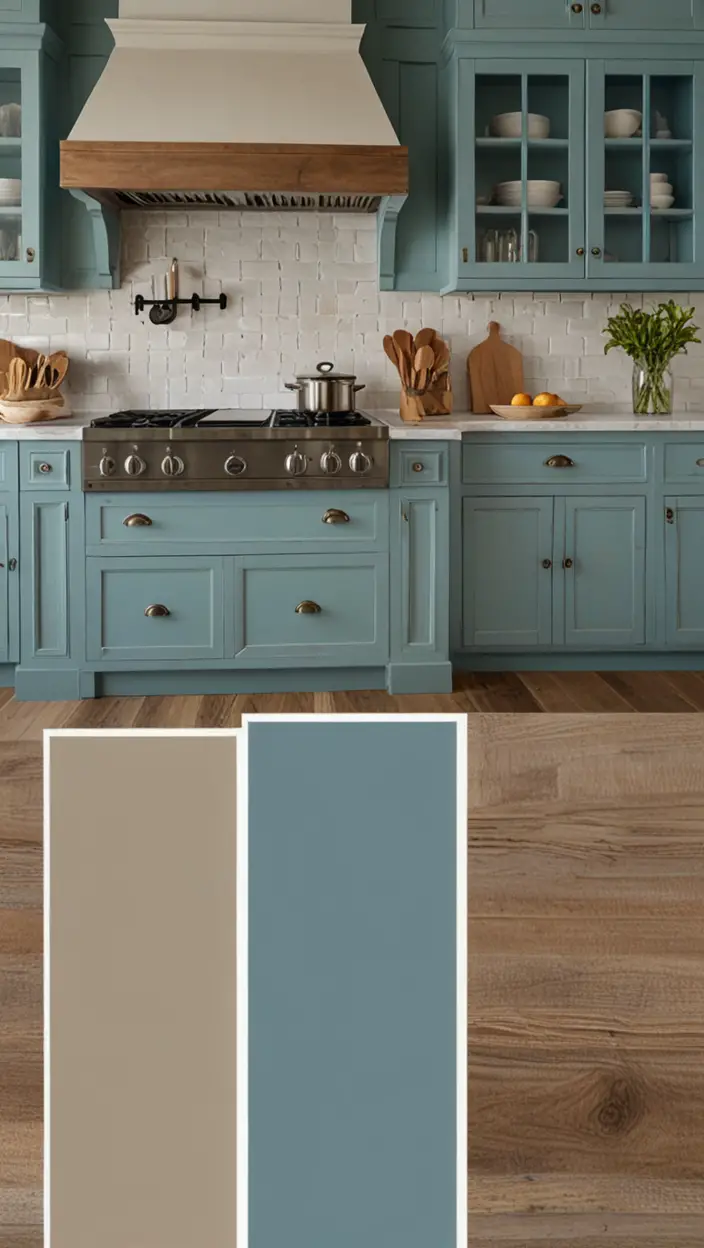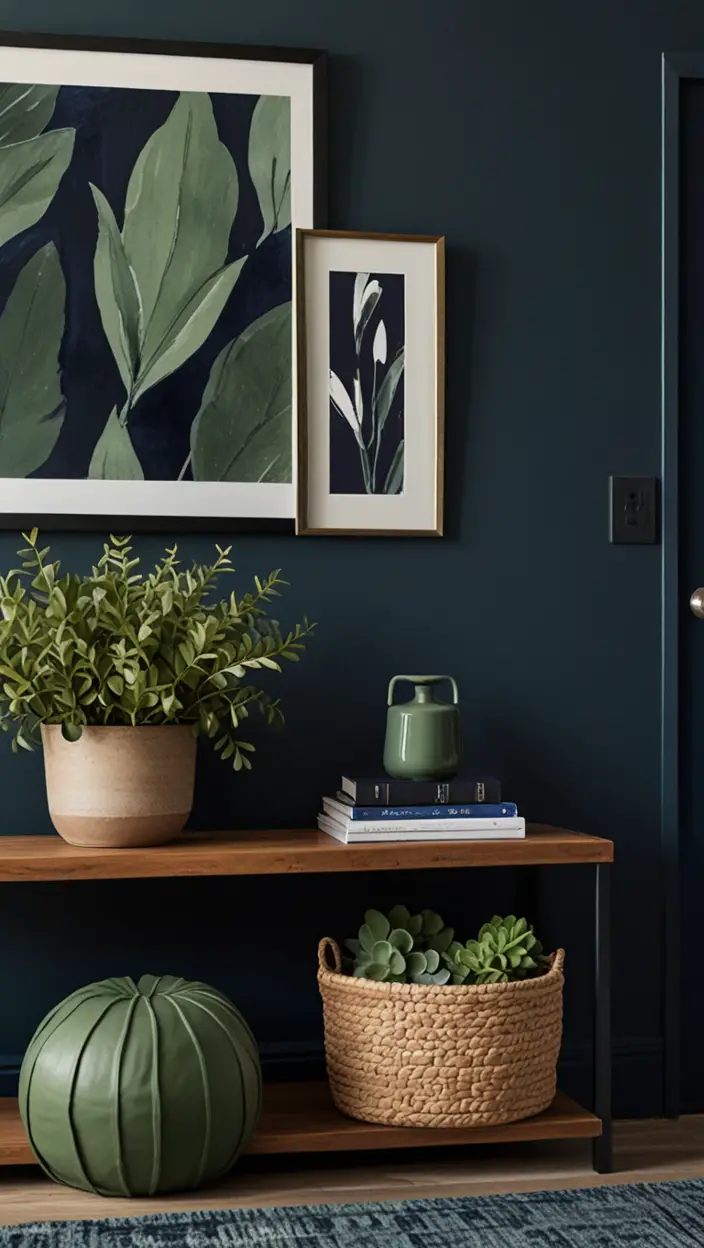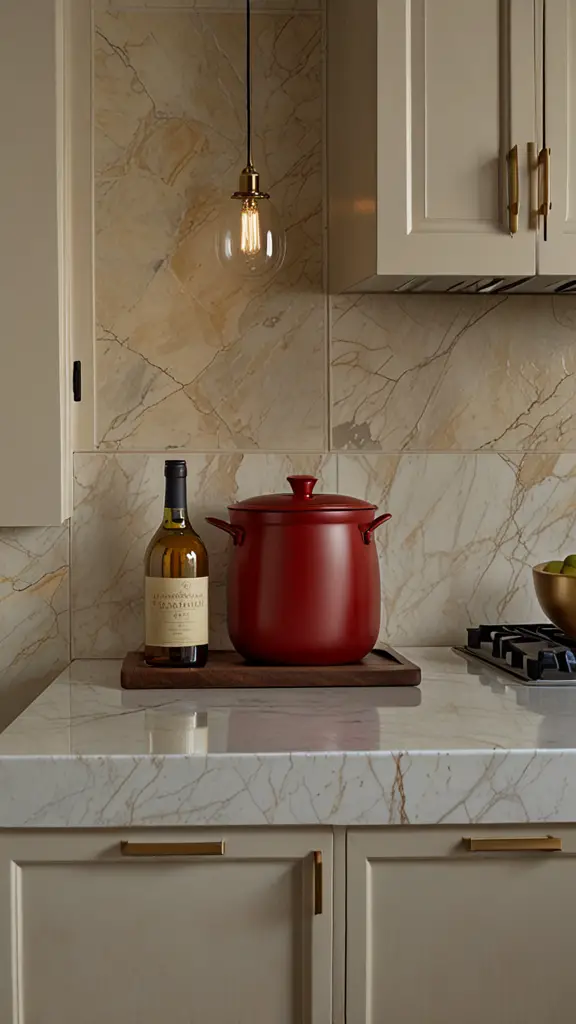Ready to give your kitchen a seasonal makeover? Discover expert tips for incorporating colors that reflect the time of year.
One way to incorporate seasonal colors into your kitchen decor is by swapping out small accessories such as dish towels, tablecloths, and kitchen gadgets in various seasonal hues. For example, in the spring, you can introduce pastel colors like pale pink or mint green, while in the fall, warmer tones like orange or burgundy can bring a cozy feel. Another option is to paint an accent wall in a seasonal color or update cabinet hardware to match the season. By making these small changes, you can easily transform the look of your kitchen without a major overhaul.
For a cohesive look, consider using a color palette that complements the overall theme of your home decor interior design. This will create a harmonious flow from room to room. Additionally, you can refer to color matching tools or consult with a designer to ensure that the colors you choose work well together. By being organized and planning ahead, you can effortlessly incorporate seasonal colors into your kitchen decor while maintaining a stylish and fresh look all year round.
How can I choose the right seasonal colors for my kitchen decor?
When choosing seasonal colors for your kitchen decor, consider the current season and the overall mood you want to create in your kitchen. Opt for warm and inviting colors like oranges, reds, and yellows for autumn, cool and calming blues and whites for winter, fresh greens and pastels for spring, and vibrant blues and greens for summer.
Look for inspiration in nature during each season, as natural elements often provide beautiful color palettes. Additionally, consider the existing color scheme of your kitchen and choose seasonal accents that complement rather than clash with the base colors.
What are some popular seasonal color palettes for kitchens?
My Lovely Spring Paint for 2025
Ready for a Spring Makeover? Explore the Freshest 2025 Paint Trends!
White Sage/Green SW Pistachio green Soft blue Honeysweet/Orange Pink Sugar Sage Tint BMAs an Amazon Associate, I may earn a commission from qualifying purchases at no extra cost to you.
Some popular seasonal color palettes for kitchens include:
– Autumn: Warm colors like burnt orange, deep red, and mustard yellow.
– Winter: Cool hues such as icy blue, silver, and white.
– Spring: Soft pastels like blush pink, mint green, and lavender.
– Summer: Bright and vibrant colors such as turquoise, coral, and sunny yellow.
Can I incorporate seasonal colors into my kitchen without repainting the walls?
Yes, you can easily incorporate seasonal colors into your kitchen decor without repainting the walls. Consider adding seasonal accessories like tablecloths, dish towels, potholders, small appliances in seasonal hues, and decorative items such as vases, artwork, and seasonal centerpieces.
These accents can be easily swapped out with each season, allowing you to update your kitchen’s color scheme without the need for repainting.
What are some easy ways to switch out seasonal colors in the kitchen decor?
To switch out seasonal colors in your kitchen decor, consider the following easy ways:
– Change out throw pillows, seat cushions, or chair covers in seasonal colors.
– Use seasonal table linens and kitchen towels to add a pop of color.
– Display seasonal fruits and vegetables in bowls or on countertops for a natural touch of color.
– Hang seasonal artwork or wreaths on the kitchen walls.
– Swap out cabinet hardware, such as knobs and handles, for seasonal variations.
How can I ensure that the seasonal colors in my kitchen match the overall hue of the room?
My fAV Spring DECOR for 2025
Discover Spring’s Best 2025 Decor Combinations – Perfect for Any Room!
Oversized Indoor Plants White Curved Sofas Rugs BOH Brown Cream Moroccan Hype Boho Rug Outdoor Patio Furniture Sets Topfinel Pillow CoversAs an Amazon Associate, I may earn a commission from qualifying purchases at no extra cost to you.
To ensure that the seasonal colors in your kitchen match the overall hue of the room, consider the existing color scheme and choose seasonal accents that complement rather than clash with the base colors.
For example, if your kitchen has a neutral color palette, opt for seasonal accents in complementary or contrasting colors to make them pop. Balance the seasonal colors throughout the kitchen to create a cohesive and harmonious look.
Are there specific seasonal colors that work best with different kitchen styles?
Yes, certain seasonal colors work well with different kitchen styles:
– Modern kitchens: Bold and vibrant seasonal colors like deep jewel tones or bright primary colors can create a striking contrast in a modern kitchen.
– Farmhouse kitchens: Soft and muted seasonal colors like pastels or earth tones complement the rustic charm of a farmhouse kitchen.
– Coastal kitchens: Soft blues, greens, and whites evoke a coastal feel and work well in a beach-inspired kitchen.
– Traditional kitchens: Rich and warm seasonal colors like burgundy, gold, and olive green enhance the classic look of a traditional kitchen.
How do I stay organized when rotating seasonal colors in my kitchen decor?
To stay organized when rotating seasonal colors in your kitchen decor, consider creating a color scheme calendar or schedule. Plan ahead and set specific dates for when you will switch out seasonal colors and decorations.
Store seasonal items in labeled bins or containers to keep them organized and easily accessible when needed. Consider investing in versatile decor pieces that can be used across multiple seasons to simplify the rotation process.
Additional Tips:
– Experiment with different textures and patterns in seasonal colors to add depth and visual interest to your kitchen decor.
– Consider the lighting in your kitchen when choosing seasonal colors, as natural light can affect how colors appear.
– Don’t be afraid to mix and match seasonal colors to create a unique and personalized look in your kitchen.

